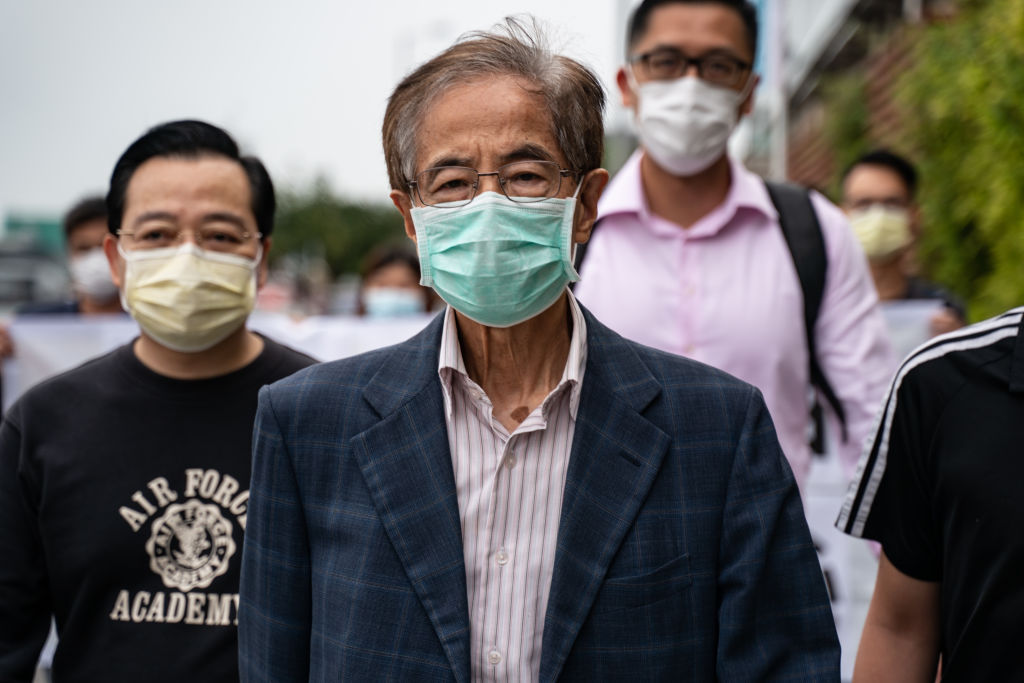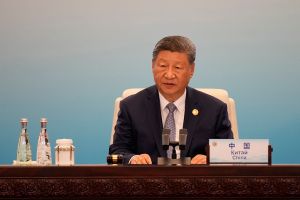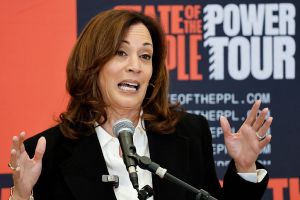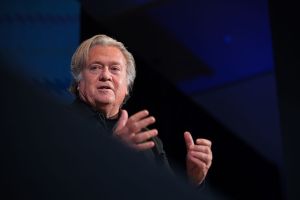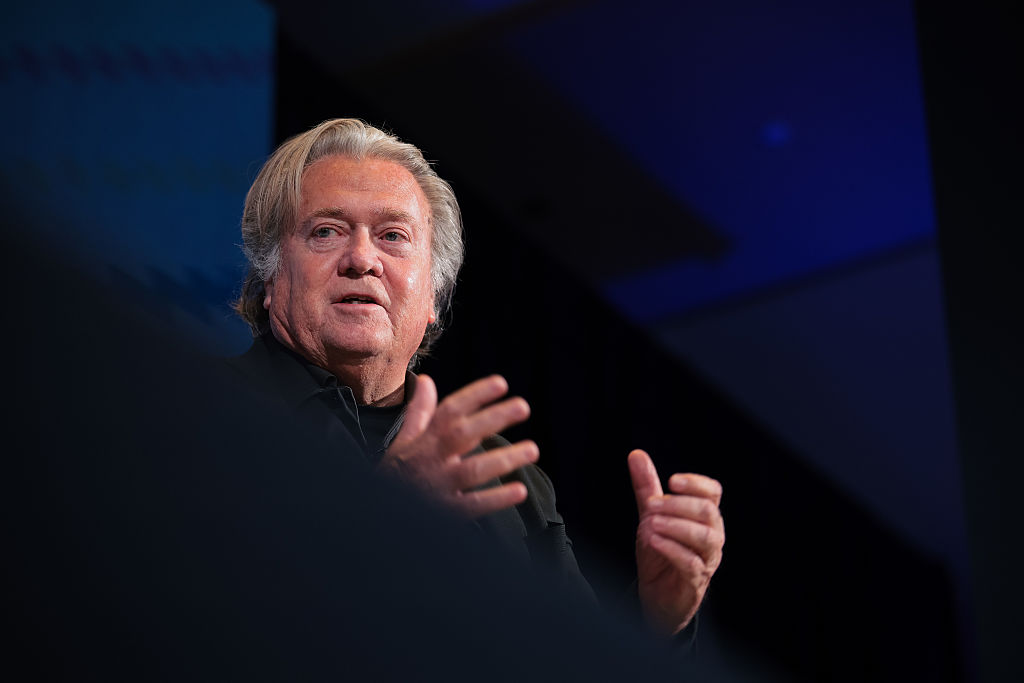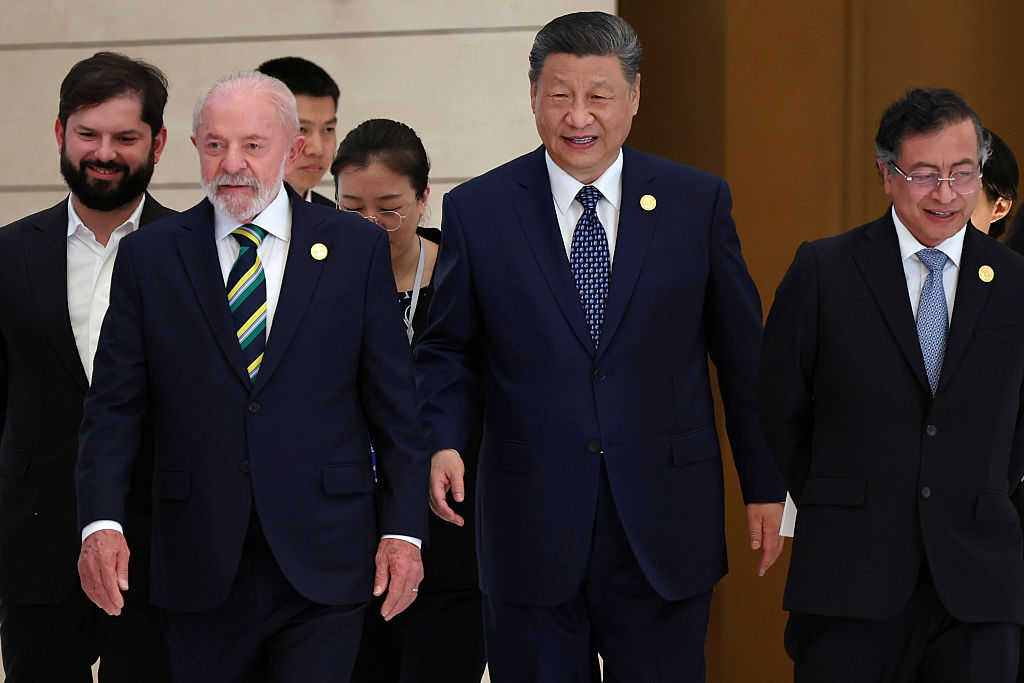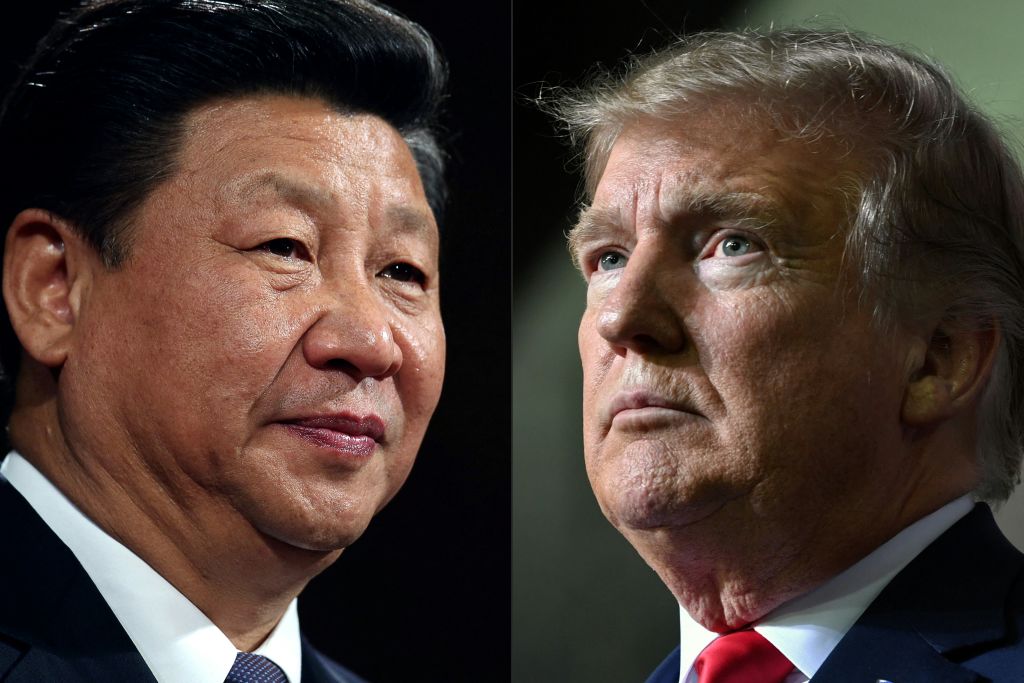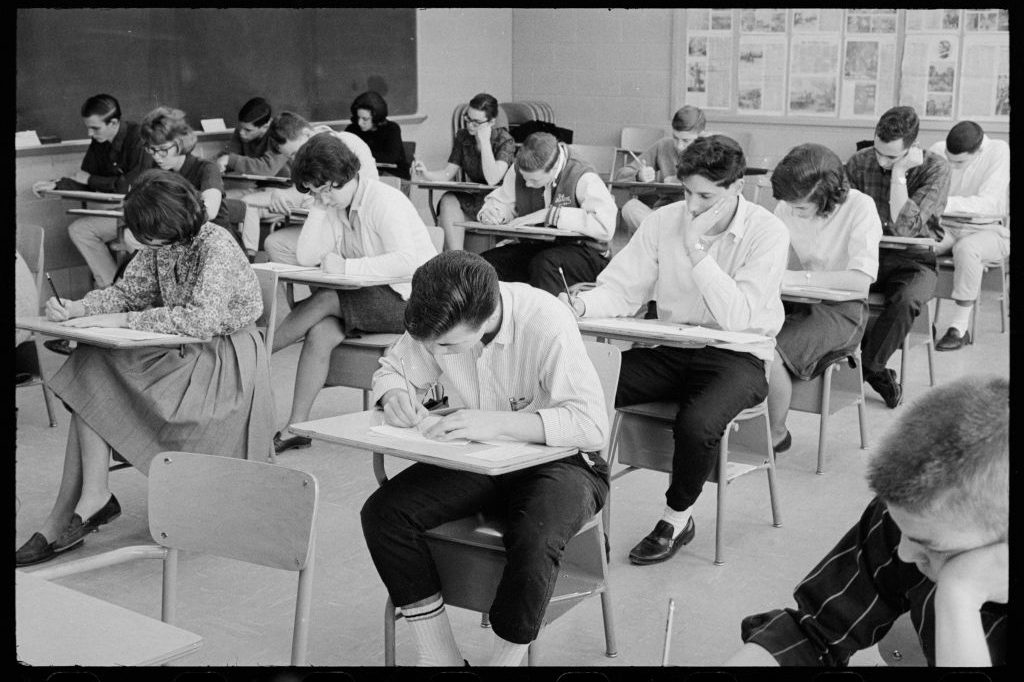One thing’s for sure: when the history of COVID-19 is written, we’re going to need a few chapters on those who did well out of this crisis. Step forward China. Or rather the Chinese Communist Party (CCP). The Chinese government is making the most of this pandemic, using it as one giant audition for leadership of the global order while the US takes a leave of absence. And it has spent plenty of time and public relations effort positioning itself as the PPE messiah sent to redeem afflicted nations; a messiah even capable of raising the dead, if its statistics are to be believed.
But if you think the CCP’s virus opportunism is limited to mask diplomacy, think again.
Just ask beleaguered Hong Kongers, whose tribulations seem like a distant memory since COVID-19 began to spread. Under the cover of the disease, the Chinese Communist party has launched a series of offensives on the city, dramatically undermining its special status, and openly mocking its treaty with the UK, intended to protect the city’s way of life.
Back in March, the Chinese government announced that it would expel US journalists in retaliation for ‘unreasonable oppression’ of Chinese reporters in America. Fair enough, you might think. Except the CCP order made clear that the ban extended to Hong Kong. For the uninitiated, Beijing isn’t supposed to interfere in this stuff. Press freedom is explicitly enshrined as a constitutional right in the City’s Basic Law, which implements the Sino-British Joint Declaration
Next the CCP’s Hong Kong outpost, the Liaison Office, decided to push for emergency legislation to prevent ‘subversion’ and ‘secession’. The Liaison Office has also, along with the Macao Liaison Office, bullishly claimed they are entitled to interfere in Hong Kong’s affairs, in the face of all legal logic, and against the Basic Law.
It gets worse. Over the weekend, 15 senior democracy campaigners were rounded up and arrested. This included the octogenarian lawyer Martin Lee — one of the architects of the One Country, Two Systems policy. Also arrested were Margaret Ng, a brilliant lawyer revered and loved by colleagues all over the world, and the media mogul Jimmy Lai. They were all detained in connection with participating in an unlawful protest which was attended by hundreds of thousands of peaceful demonstrators.
It goes without saying that these are politically motivated arrests, using the cover of a global crisis. Happily, the attempt appears to have been bungled. The arrests at least drew near universal condemnation from the US, UK, EU, Australia, Canada, and just about anyone else who matters. Maybe the world really is finally waking up.
***
Get three months’ free access to The Spectator USA website —
then just $3.99/month. Subscribe here
***
Back in the 1980s people argued that it wouldn’t come to this, and that China would open up to the world as it developed economically. ‘Nobody could have predicted that human rights in China would deteriorate so drastically’ is a favored line of analysis. Perhaps they should have spoken to Prince Charles, whose journals from the time of the handover to China read: ‘Thus we left Hong Kong to her fate and the hope that Martin Lee, the leader of the Democrats, would not be arrested…’
Well, it took 23 years, but he has been arrested now. So now what? It is beyond argument that the Chinese Communist party regards the Sino-British Joint Declaration with contempt and violates it with impunity. This leaves the UK in a bind (which might account for the blandness of Foreign Office statements on these events). If Britain declare its Hong Kong Treaty with China dead in the water, it remove its legal leverage. On the other hand, the UK cannot allow that treaty, which is supposed to enjoy UN support, to be torn up.
When the Chinese government faces its reckoning for its handling of the coronavirus, the shameless opportunism of the crackdown in Hong Kong must be taken into account. Meanwhile, Britain needs to wake up and smell the coffee: the CCP isn’t going to observe a gentlemanly pause while the virus rages. The UK needs a strategy to enforce the Sino-British Joint Declaration before it’s too late.
Luke Pulford is a fellow of Hong Kong Watch. This article was originally published on The Spectator’s UK website.



